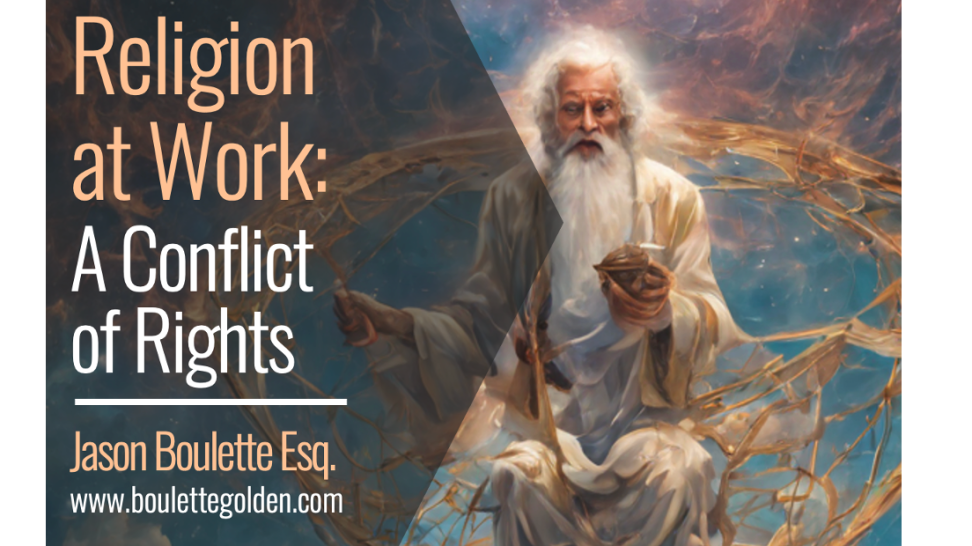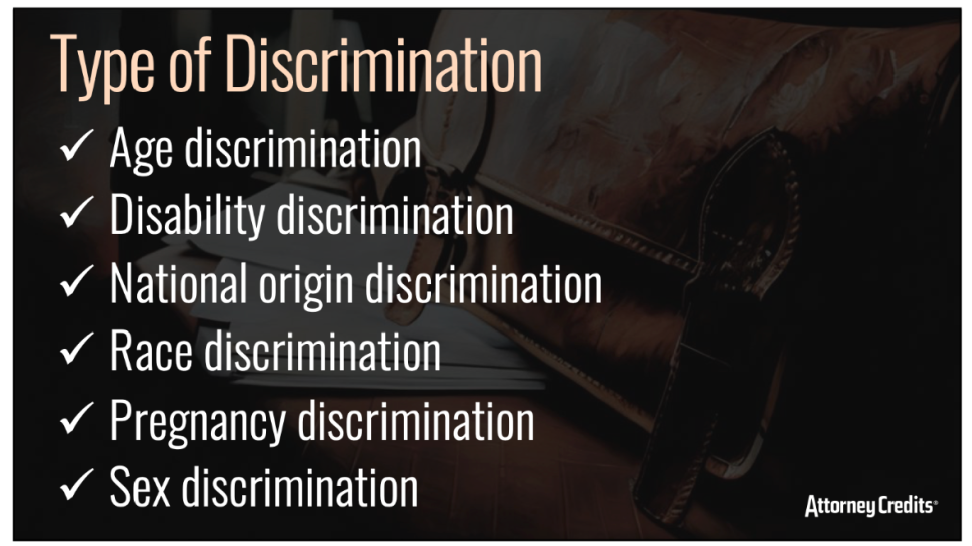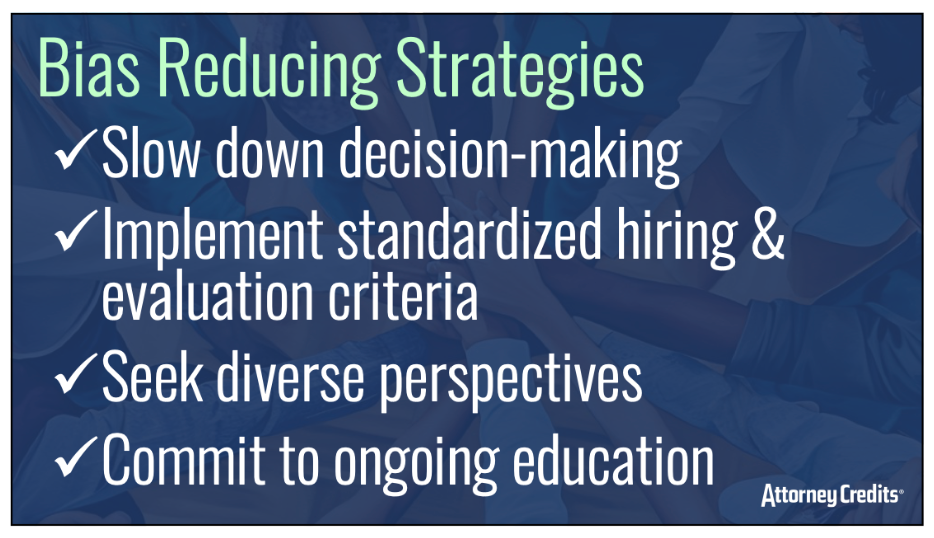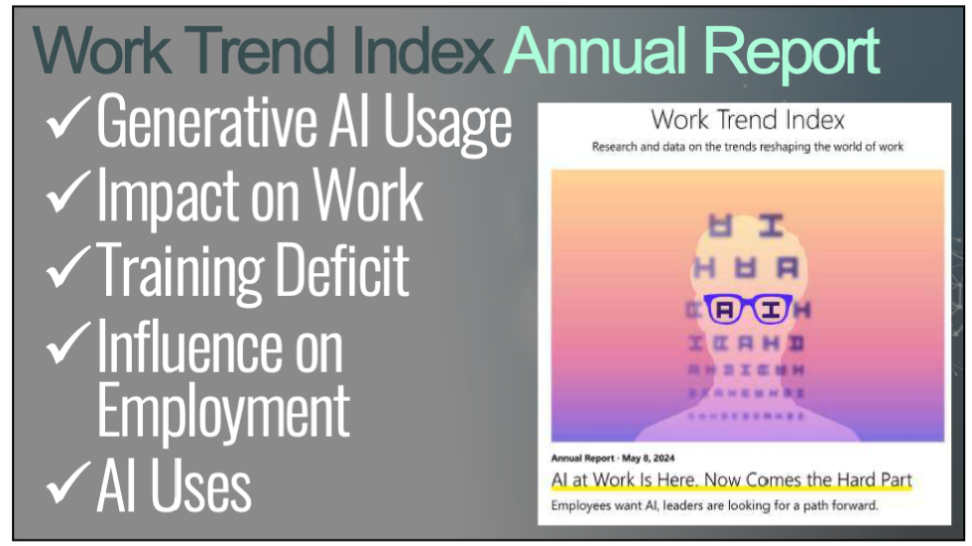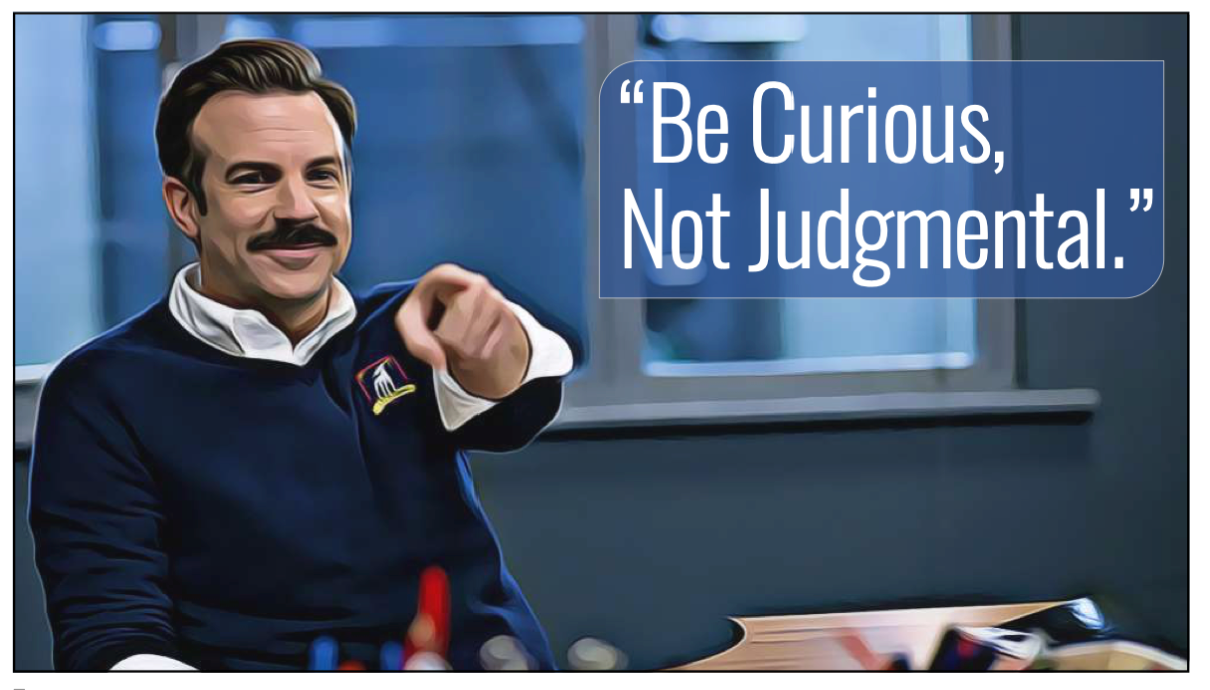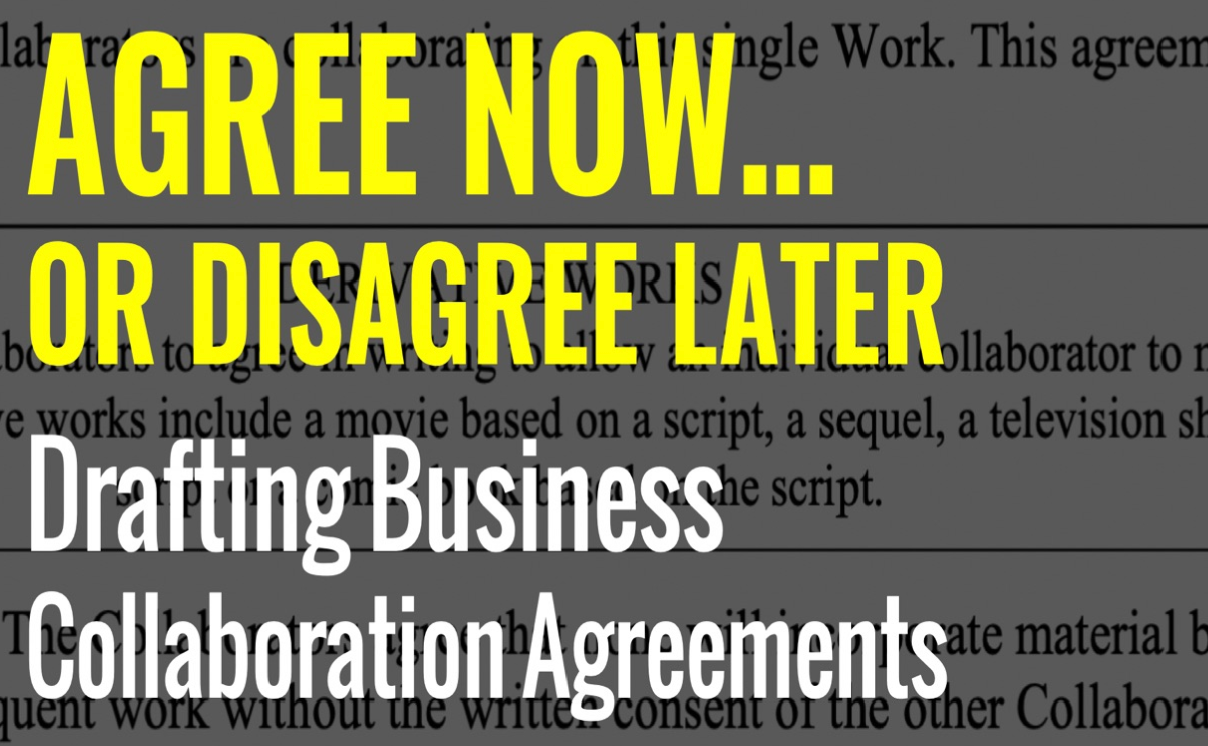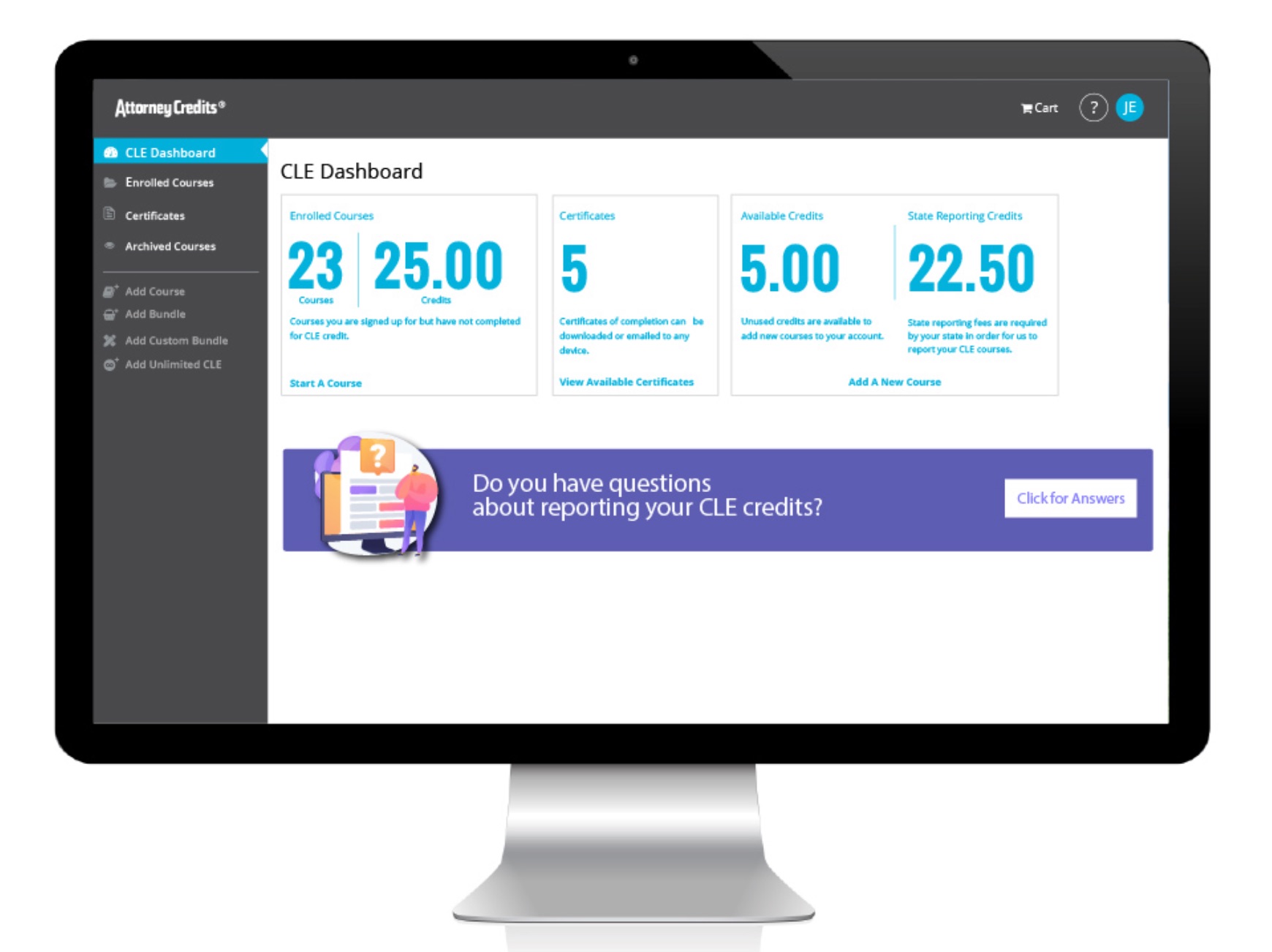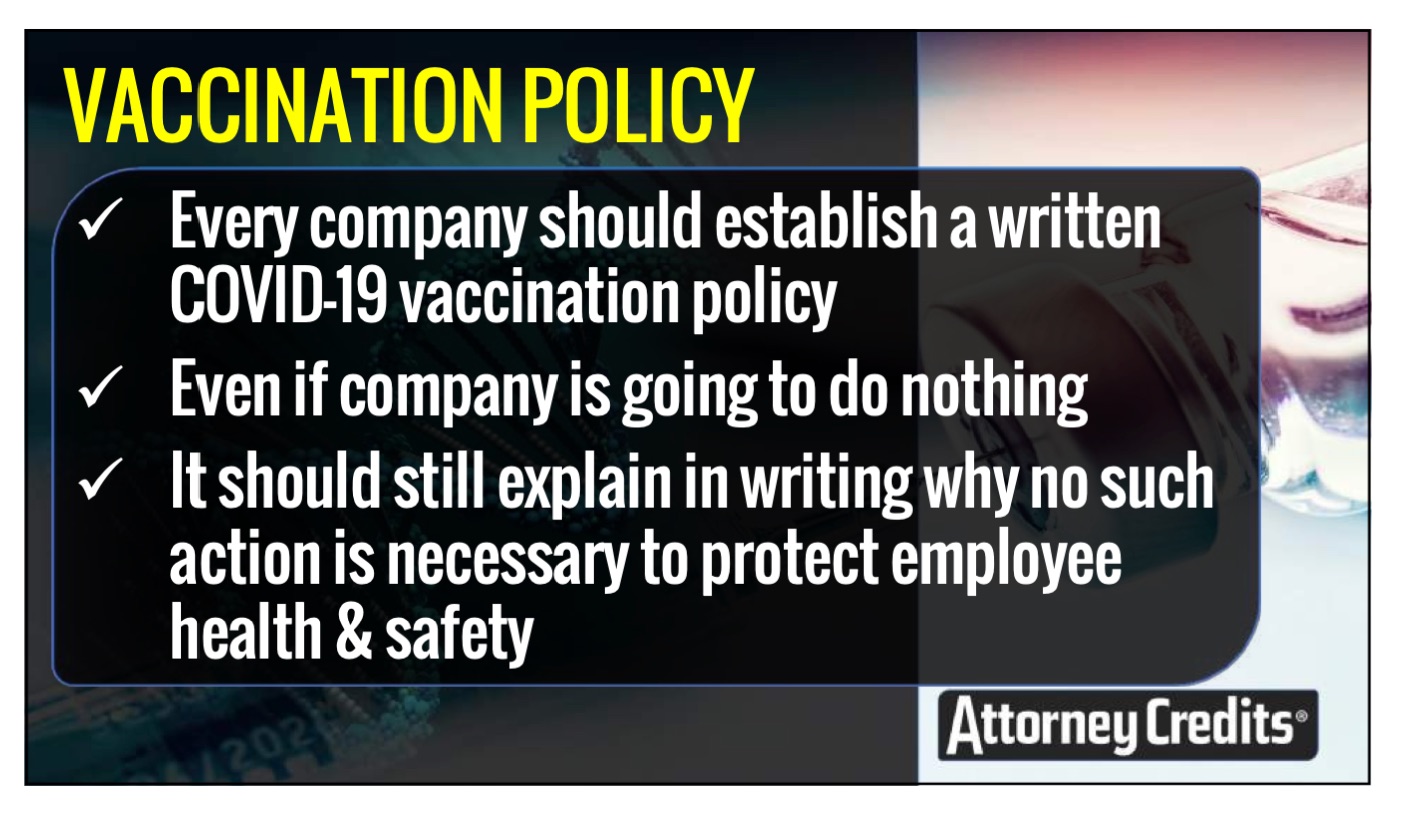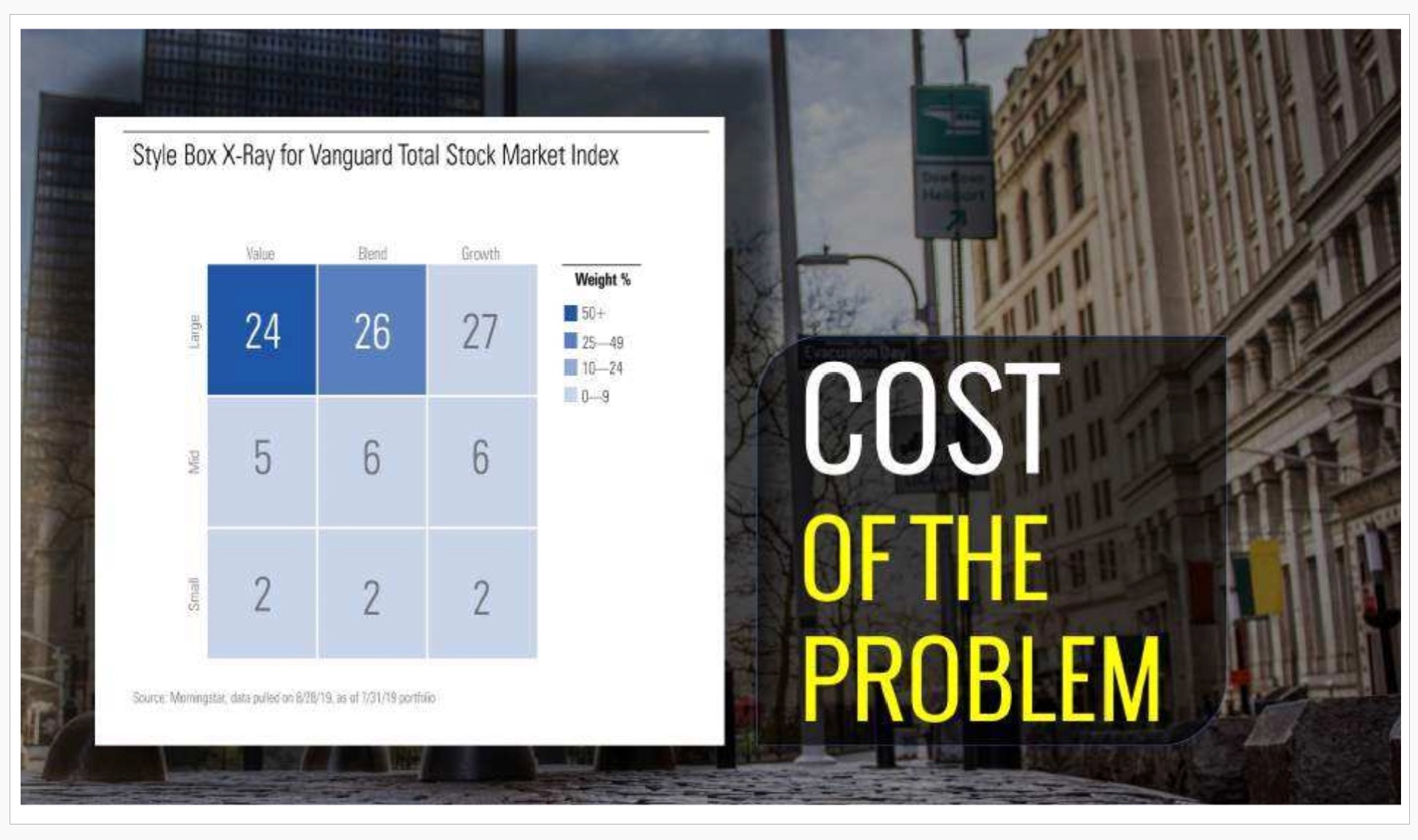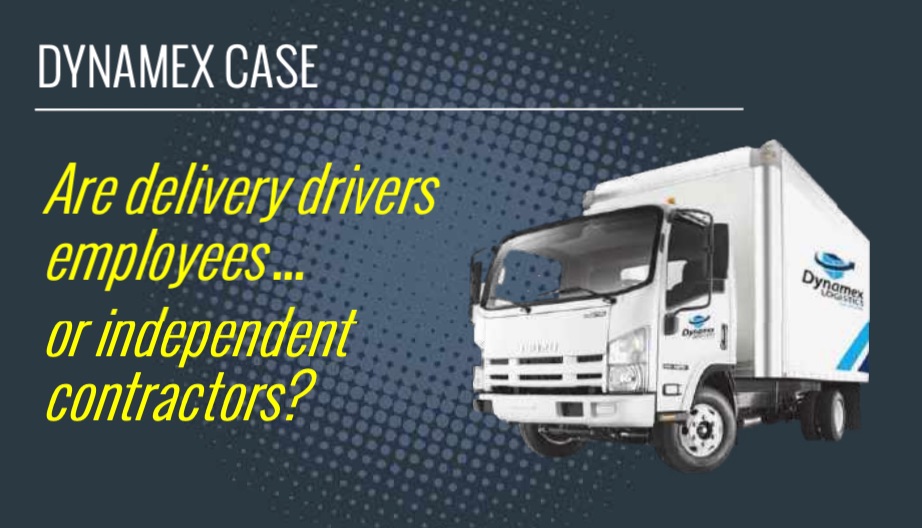In this CLE, Jason Boulette will explore the new standard for accommodating religious expression at work, the conflict between the right to engage in religious expression and the right to be free from it and strategies for navigating the gray area between the two. Jason will start by discussing the evolving legal definition of “religion” in the U.S. across constitutional and statutory contexts with an emphasis on employment law under Title VII, detail the landmark Supreme Court decision in Groff v. DeJoy (2023) which significantly raised the standard for denying religious accommodations in the workplace and analyzes the resulting case law under Groff and what it means for employers going forward.
